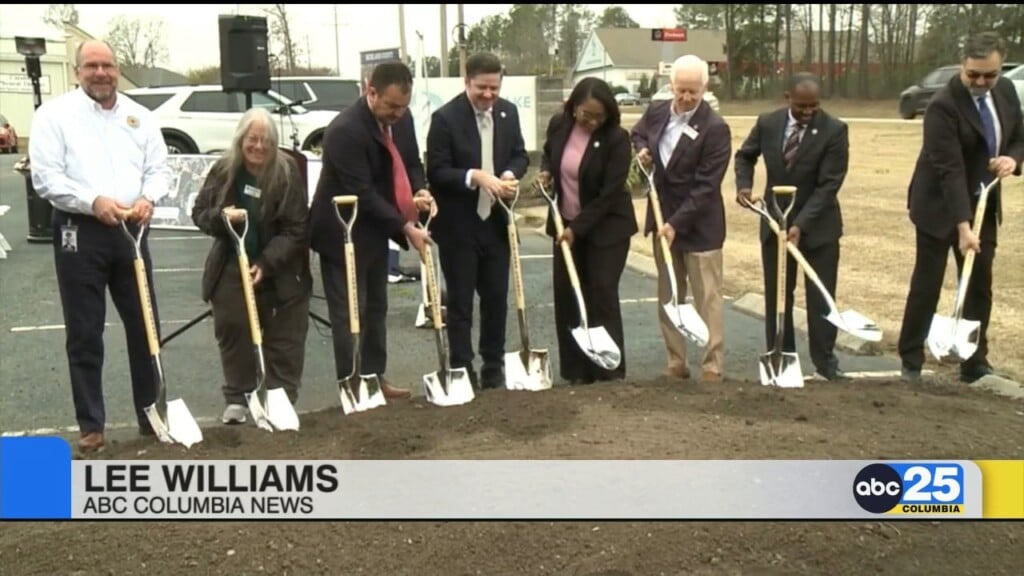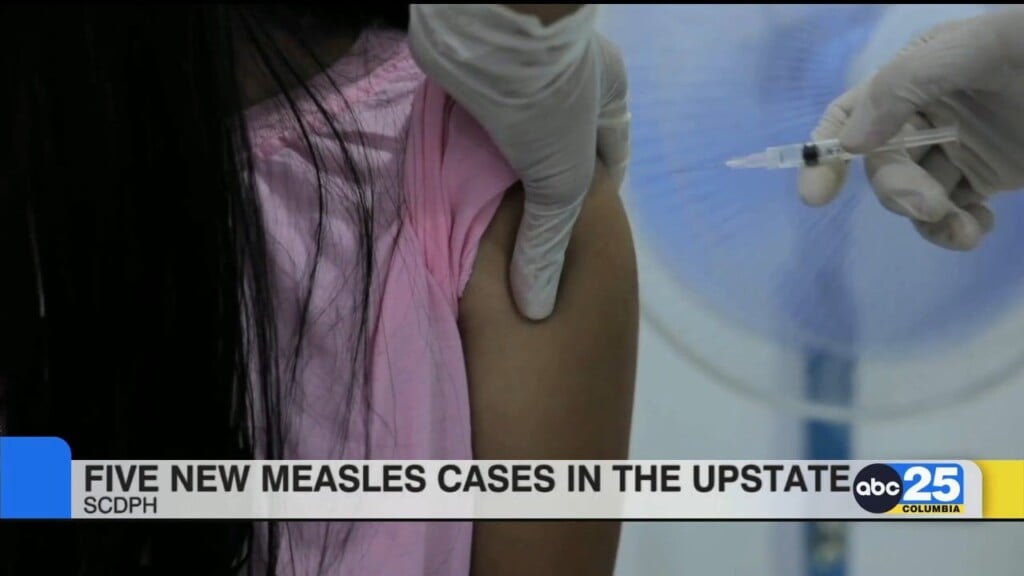DHEC’s expanded use of contact tracing in South Carolina could go digital
Local and state leaders are considering using apps to help assist in contact tracing efforts
COLUMBIA, S.C. (WOLO) —To ramp up its efforts to combat the coronavirus pandemic, South Carolina’s Department of Health and Environmental Control (DHEC) is enlisting the help of more than a thousand contact tracers across the state.
Recently, DHEC announced that it has 1,800 contact tracers statewide working on combatting the virus.
Believe it or not, contact tracing is not a new concept in fighting the spread of diseases.
“Contact tracing is actually one of the oldest tools in our proverbial tool box so it was first described in the 1700’s, but it was really in the 1900’s when it first became popular,” said Dr. Melissa Nolan, an Assistant Professor of Epidemiology at the University of South Carolina.
Up until March, DHEC had 20 contact tracers on their staff to monitor activity involving tuberculosis and hepatitis.
Now, there are nearly 2,000 contact tracers statewide studying the spread of the virus, asking people who have tested positive who they have been in contact with, and then calling those potential contacts.
“It’s a confidential process though,” said Dr. Linda Bell, State Epidemiologist for DHEC. “When we reach out to the contacts, we won’t say who they’ve been a contact of, but we will talk to the contacts of confirmed cases and explain the measures they should take, that they should monitor for the presence of symptoms, that they should stay in quarantine for fourteen days after their last contact.”
Some local and state agencies are also looking into using apps that could detect if someone came in contact with a potential coronavirus patient using Bluetooth technology.
A spokesperson with Columbia Mayor Steve Benjamin’s office says city leaders are currently reviewing such an app to determine its “scalability and feasibility.”
ABC Columbia reached out to DHEC about statewide plans for an app, but they did not return our request for comment.
Recently, companies like Apple and Google have started making similar apps that would help identify potential contacts, especially those people might encounter and not necessarily know.
“It can help identify and understand people using the cell phone technology, Bluetooth technology as another way to expand that power and potential,” Dr. Nolan said.
On Tuesday, some lawmakers expressed their concerns about privacy and whether people would be forced to quarantine.
Dr. Bell said any quarantining or participation in the process is voluntary, but highly recommended to combat the spread of the virus.
Meanwhile, Dr. Nolan cites its success against diseases like smallpox and tuberculosis as reasons why people should work with public health officials.
“I believe at the end of the day, people really want to help out in public health, so if we can educate them and empower them to keep themselves quarantined and keep them away from others, I believe people will do that and like we’ve seen in past epidemics, it’s a very useful tool,” Dr. Nolan said.
DHEC said more than 600 people have volunteered to help with contact tracing efforts.
For more information on DHEC’s contact tracing efforts, click here.


